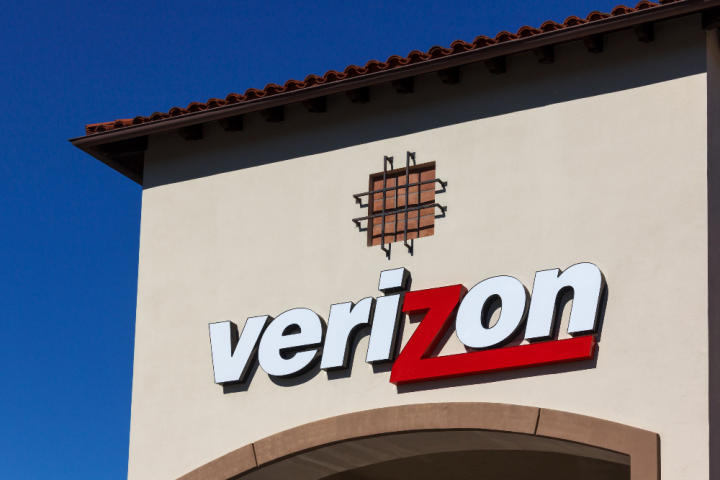
The wireless carrier reported its first quarter results today, and the news wasn’t encouraging. Verizon lost 289,000 postpaid phone subscribers during the period. That’s after the company unveiled its new plan in February, touching off a domino effect within the industry that forced AT&T, T-Mobile, and Sprint to go back to the drawing board and make their deals more competitive. Before that point, Verizon had lost an astonishing 398,000 subscribers through only the first half of the quarter.
After the initial slide, Verizon rebounded slightly thanks to unlimited data, clawing back about 109,000 subscribers. The company attributes the plan’s launch with “positively changing the trajectory of customer additions” in its earnings report.
Ultimately, Verizon posted $29.8 billion in total revenue — a decrease of roughly 7 percent from the same period a year earlier.
Keeping these losses in mind, its much easier to understand why Verizon unexpectedly doubled back on its attitude toward unlimited data several months ago. It also gives some context to CEO Lowell McAdam’s interview with Bloomberg earlier in the week, where he said he’d be open to merger talks with a number of media companies, including Comcast, Disney, and CBS.
“If [Comcast CEO] Brian [Roberts] came knocking on the door, I’d have a discussion with him about it,” McAdam told Bloomberg. “But I’d also tell you there isn’t much that I wouldn’t have a discussion around if somebody came and said ‘Here’s a compelling reason why we ought to put the businesses together.’”
At the same time, Verizon is still in the process of trying to complete its acquisition of Yahoo. It intends to fold both Yahoo and AOL, which it also owns, into a new media company called Oath.
Verizon finished second to T-Mobile in our assessment of the unlimited data plans currently on the market from the four major carriers. While Verizon’s offering is one of the industry’s more compelling, thanks to the company’s impressive infrastructure, it falls short of T-Mobile’s pricing and perks.
Editors' Recommendations
- 5G home internet: What is it, and should you get it?
- Verizon just took a huge leap ahead in the 5G race
- T-Mobile suffers massive data breach … again
- Verizon’s cheapest 5G unlimited plan just got even cheaper
- It’s late 2022, and Verizon and AT&T still can’t beat T-Mobile’s 5G network


